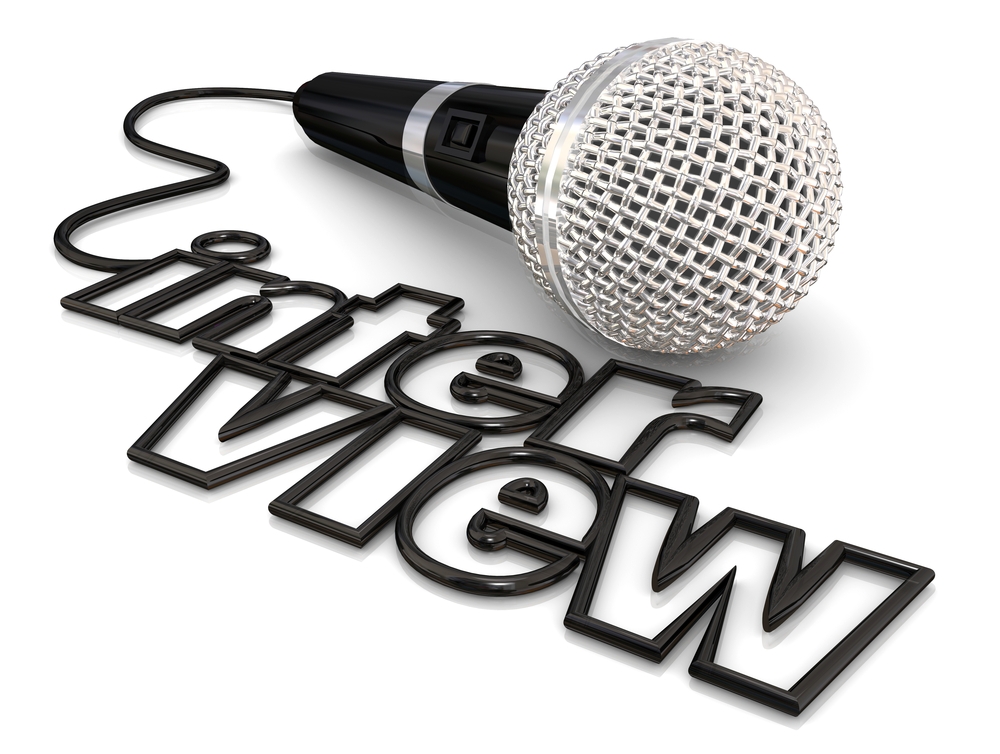It was 2013. A Thursday, maybe. You were out for a drink with your colleague from marketing, trying to avoid shop talk, when Susana showed up. Susana was also from marketing. Susana did not know to avoid shop talk. Something about a conference, she said, “and you know, that new empathy interview.”
“Stanford is teaching it now. So is U Chicago,” Susana bragged. But in 2013, the empathy interview was for design students. And then it was for designers, and then it was for marketers.
And then, just yesterday, you woke up and thought, “you know, that new empathy interview…”
In 2016, the empathy interview is poised to become an HR *big deal*. Years after we all agreed that good interviewees show high EQs, it is increasingly evident that successful interviewers must show the same. For those of us in search of the kinds of employees who think critically and communicate effectively, and for those of us who want to vet our candidates efficiently, this is essential.
Before we go further, however, let us agree on one key fact: the empathy interview is really just a good interview. Do you know what they call an interview that is not empathic? An interrogation. An investigation. Sometimes they call it an Inquisition. Just as effective design has long been human centered, effective interviewing has long been empathic. (Dear IDEO, me escucharon?)
So what happens when our human resources teams adopt the recently named, socially constructed, empathy interview as method? This is to say, what happens when our players start calling a regular old, interrogative interview an empathy interview? What happens is that, suddenly, every member of our teams is executing the kind of interview that is dynamic and smart and that allows our candidates to be the same.
“Why?” you ask. “But it’s just a regular old interview,” you protest.
But the thing is, language shapes thought. Anthropologists are still fighting over how and to what degree, but real, empirical evidence suggests that when interviewers conduct interviews that they identify as “empathic,” they get stronger commitments, for less, from their recruits. And that is what matters here. Stronger. For less. Which is to say, niceness, a fancy word for empathy, begets capital–in dollars, as in time saved.
So how do we conduct an empathy interview? Let’s conclude here:
1. In the words of famous Americanist sociologist Howard Becker, “Ask ‘how’ and not ‘why.'” Not only as in, “How did you overcome…?” but also, as in “How did you decide to leave x company?” Because “how” invites answers that illuminate rather than defend.
2. And in the words of every good social scientist ever, “Encourage stories.” Look for narrative accounts. Look for candidates who can provide narrative accounts that are poignant and organized. Unless you are accumulating accountants. In which case, sure, focus on the math.
Finally,
3. Read nonverbal cues. Remember that old adage about communication being seven percent verbal? (An illustrative adage, if little else.) Are we really hearing what our candidates are saying? Let’s listen before we invest in the wrong ones.
Contact ModernHR today for more information!


